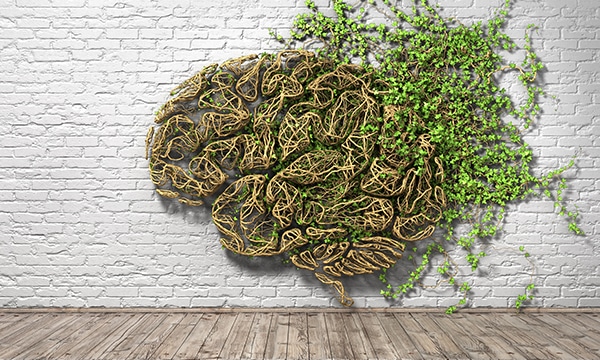
A recent joint study by researchers at the University of East Anglia (UEA) and Canberra University in Australia found that 1 in 5 people living in care homes are dehydrated with those with cognitive impairment, diabetes or kidney disease being particularly at risk. The recent news of so many deaths and hospital admissions related to heatwaves across the world make it seem more real and alarming.
Even mild dehydration can cause headache and make us feel tired, irritable and unable to concentrate. Severe dehydration can cause confusion, delirium and even death. Our residents with dementia are particularly vulnerable and extra vigilance is required during the summer months.
Symptoms of Dehydration
- Increased confusion or delirium
- Dark, strong smelling urine
- Dry skin and cracked lips
- Headache
- Low blood pressure
- Fast, weak or irregular pulse
- Pale, sweaty skin
Risk Factors for people with Dementia:
Forgetting to Drink
In someone with dementia the part of the brain that recognises when they’re dehydrated and sends a message to let them know they are thirsty may not be working properly. They may not realise they are thirsty despite being hot and sweaty with a dry mouth. They may not remember when they last had a drink and may also be unable to communicate effectively to ask for one. Also remember that an empty cup doesn’t mean the drink has been consumed, it may have been spilt or drunk by another passing resident.
Medication
Some drugs cause an increase in urination (diuretics). Particularly blood pressure medication. Other common drugs that can cause dehydration include antihistamines and laxatives.
Illness
Diarrhoea and vomiting are an obvious cause of dehydration. Any illness that causes a spike in temperature such as chest infections or viral infections can easily lead to dehydration and fluid levels need to be carefully monitored. With advancing age our kidneys become less efficient and the ability to regulate fluids reduces. Anyone with known kidney disease is particularly at risk.
Difficulty with Swallowing
In the later stages of dementia difficulty with swallowing can occur and extra support is needed with this. If someone is drowsy or lying down, they may struggle to swallow safely so always make sure someone is alert and upright when offering food and drink. An occupational therapist can advise on aids for eating and drinking.
Prevention, Tips and Tricks
You know your residents so you will notice changes in their appearance or behaviours. If you do notice anything then think to yourself ‘could this be caused by dehydration?’ You know how tired and irritable this hot weather makes you feel and this could be magnified for someone with dementia who is unable to recognise or communicate their need for a drink, to be moved to a cooler place or to have a cardigan removed.
Monitoring fluid intake and urine output is good practice and will alert you to dehydration. Being aware of what medications could cause dehydration and illnesses that may lead to dehydration will help you in your battle to keep on top of it.
Be creative with ideas to increase fluid intake. Leave jugs of water or squash where the more able bodied can help themselves and regularly top up non spill cups for those less able. Bowls of strawberries, melons or grapes are also a good idea to increase fluid intake. These need to be in plain sight and offered round regularly or smaller dishes left with the residents who have restricted mobility. Any food with high water content is ideal. So cottage cheese on a sandwich or salad is better than meat, soup is a winner over pasta, and jelly and ice cream wins over chocolate cake.
Put up posters to remind residents to drink more in the hot weather and also to remind families and other visitors to prompt their loved ones and to notice any warning signs.
Make sure that residents are wearing loose, cool clothing and have hat and sunglasses if they go outside. Cool flannels are a nice cooling treat.
Remember when you have finished your shift you can strip off your clothes, have a cool shower and sit in the shade with a cool drink. What if you had to sit and wait for someone to make that decision for you? Don’t take it for granted. Put yourself in your residents shoes and you can all enjoy the summer.






